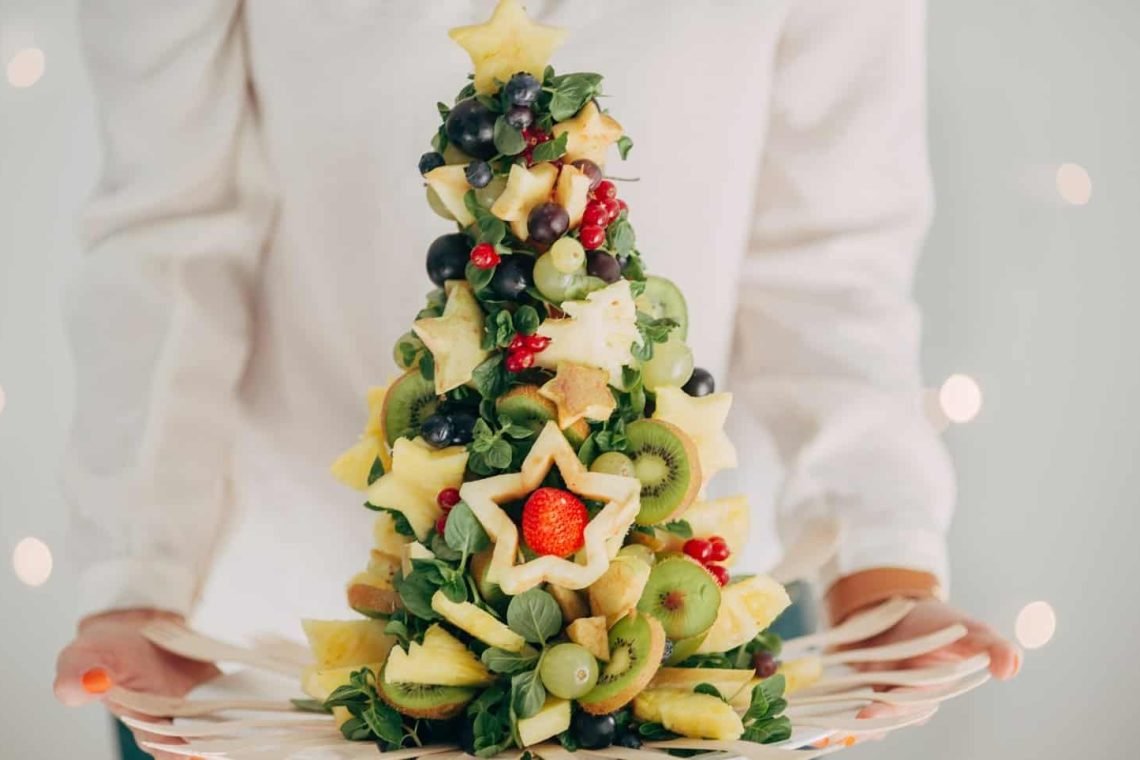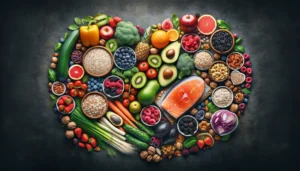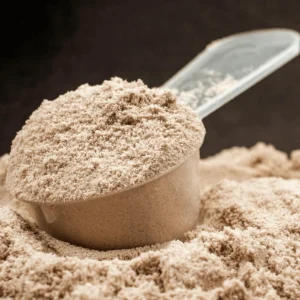The weight gain that many experience (usually 1-7 lb) around Christmas cannot be blamed solely on Christmas dinner. In fact, although we eat about 6000 calories on Christmas day instead of the 2000 calories that many of us need, it doesn’t contribute as much as people may think. It’s much more likely to be the result of Christmas excess in the lead up to the day itself as well as the weeks that follow with leftovers galore. In other words, the last week in November right up until a couple of weeks into the New Year. What are my top tips to help maintain your weight this festive season, should that be a healthy goal for you?
Make a list
It’s common for households to be laden down with left-overs after Christmas. In fact, we’re still trying to vacate some of Halloween’s offerings over a month later! Munching on these leftover foods, foods that more often than not fall under the less healthy category, can often be blamed for the additional weight gain. For example, each chocolate contains 75 calories, similar to the number of calories found in a slice of bread or an egg. Sometimes we eat these things when we don’t actually feel like them. This impacts the enjoyment of them. We can also look down and see wrappers on our lap and not remembering eating them! So best create a Christmas food shopping list to avoid dumping everything in the trolley.
Know your drinks
When I mention the calorie content of drinks, and compare it to other foods, I find people are often shocked. Also, when it comes to the calorie content of alcohol or drinks, people can consume them without a seconds thought. For example, imagine being in a bar and heading up there every 30 to 60 minutes to eat 2 slices of toast, all night long. You, and others, might take notice of how much you were consuming. However, with alcohol there seems to be a block. Whether you want to hear it or not, you need to be mindful of the amount of calories within drinks. I hope this isn’t coming across as anti toast. I’m just using an example that most people eat! The calorie content of drinks is below.
| Drink | Portion | Calories |
| Ale, 4% | 1 pint | 170 |
| Lager, 4% | 1 pint | 210 |
| Stout, 4% | 1 pint | 210 |
| Cider, 5% | 1 pint | 205 |
| Wine | 250ml glass (large) | 190 |
| Champagne | 125ml glass | 95 |
| Irish cream | 50 ml | 155 |
| Spirit | 25 ml | 55 |
| Cola | 150 ml | 60 |
| Lemonade | 150 ml | 35 |
Reap the benefits of movement
Christmas is, in part, a festive period with delicious food that we all should enjoy. Although research suggests that exercise does not help people lose weight, it has been shown to help people maintain their weight. Walking is a free form of exercise that many of us are able for. It also doesn’t take as much effort or time to walk more as it might to get to the gym more. A woman might burn 5 to 6 calories per minute walking, while a man will burn 6 to 7 calories per minute walking. So, 150 to 210 calories per 30 minutes. This will add up! Simple tricks include;
- Use the bathroom furthest away from your desk while at work
- Walk and talk when someone rings you. We’re not attached to the wall by a cable anymore!
- Walk as transport
The benefit of moving more is far more than weight maintenance. Moving your body more will help keep you warm in Winter, help keep you limber and preventing you fom stiffening up, is great for sleep, mood, blood sugar levels etc… The list is actually endless.
Eat with your eyes, nose and mouth!
Most of us look forward to our favourite Christmas foods. I LOVE cheese. However, my husband would do nearly anything for a Christmas pudding!! It’s important to savour each bite. Remember digestion starts when we look at food so mindfully eating is great for your gut. My 4 year old says he ‘runs fast but eats slow’ which always makes me laugh. Be sure to use all your senses when eating, and chew your food lots. Take in breaths through your nose to enhance the flavour. Notice how the texture and taste change with every chomp. Give yourself time to enjoy the lingering taste in your mouth afterwards. Food is one of the most enjoyable experiences. So make each mouthful count and really experience the joy of eating !
Hydrate, and be tactical
To rid your body of excesses like salts and toxins, drink lots of fluids. Most women require at least 2 litres of water each day while most men need at least 2.5 litres (see my article on hydration). When we look at what we need versus what we’re getting, most women need to drink about 500ml more whil most men need to drink a litre more.
Drinking a large glass of water 30 minutes before each meal helps to manage how much we eat even though the water will have left your belly! We’re not fully sure why. On the colder winter days, why not switch this to a large herbal tea. or decaff tea/ coffee.
One thing that clients notice when consuming mroe fluids is that their energy levels improve and they look healthier. Don’t worry, your kidneys will readjust soon and you won’t be needing to pee so often soon enough!
Eat more homemade meals
Let’s not fret about the odd meal out. It’s more challenging to eat well when eating out during the Christmas period. You can order the fish and it can come deep fat fried, despite not saying so on the menu. It’s hard to control everything, nor should we want to. Having a healthy breakfast at home and making your own lunch should be a real focus. Do this and at least 66% of your meals are healthy during this time. You’re probably not out every single night so a few meals out in the week won’t make a huge difference. Making your breakfast and lunch at home will not only help reduce the pounds you gain over the festive period, they will also helps save you money! I mean, a sandwich out is now 8 euro…. 8!!
Enjoy your kip
When sleep quotas aren’t being met people are less likely to exercise and are prone to craving unhealthy foods. Interestingly, it also makes us hungrier, leaves us needing more food to make us feel full and makes less healthy food taste even better! This combined with lower mood and energy as a result of inadequate sleep often results in eating to excess. When out and about and having the craic till the early morning, sleep can take a hit. Read my sleep tips article in a bid to avoid the negative repercussions of inadequate shut eye.
For those with young kids, I feel you. I’m woken 2+ times every night. So, lets just do the best that we can.
Take the edge off
It’s easier to choose a healthier option when you’re not starving. If you’re heading out to dinner why not eat beans, peas or lentils with lunch as they have been shown to increase the feeling of fullness by about 30%. If heading out from home, have some vegetable soup or a small salad before leaving will naturally help you to eat 20% less at the next meal. It’s also been shown to help manage blood sugar levels will is important when trying to avoid the after dinner slump.
Choose wisely
What one person considers a treat is very different to what another might. Some people are more savoury while others have a sweet tooth. Acknowledge this and don’t bother sith the stuff you don’t really enjoy. How often do we all eat things and think ‘that’s not that great’. For example, if you get a slice of chocolate cake and it’s dry, made with poor quality chocolate and is ultimately not living up to what you had hoped… LEAVE IT. You’re worth delicious cake.











